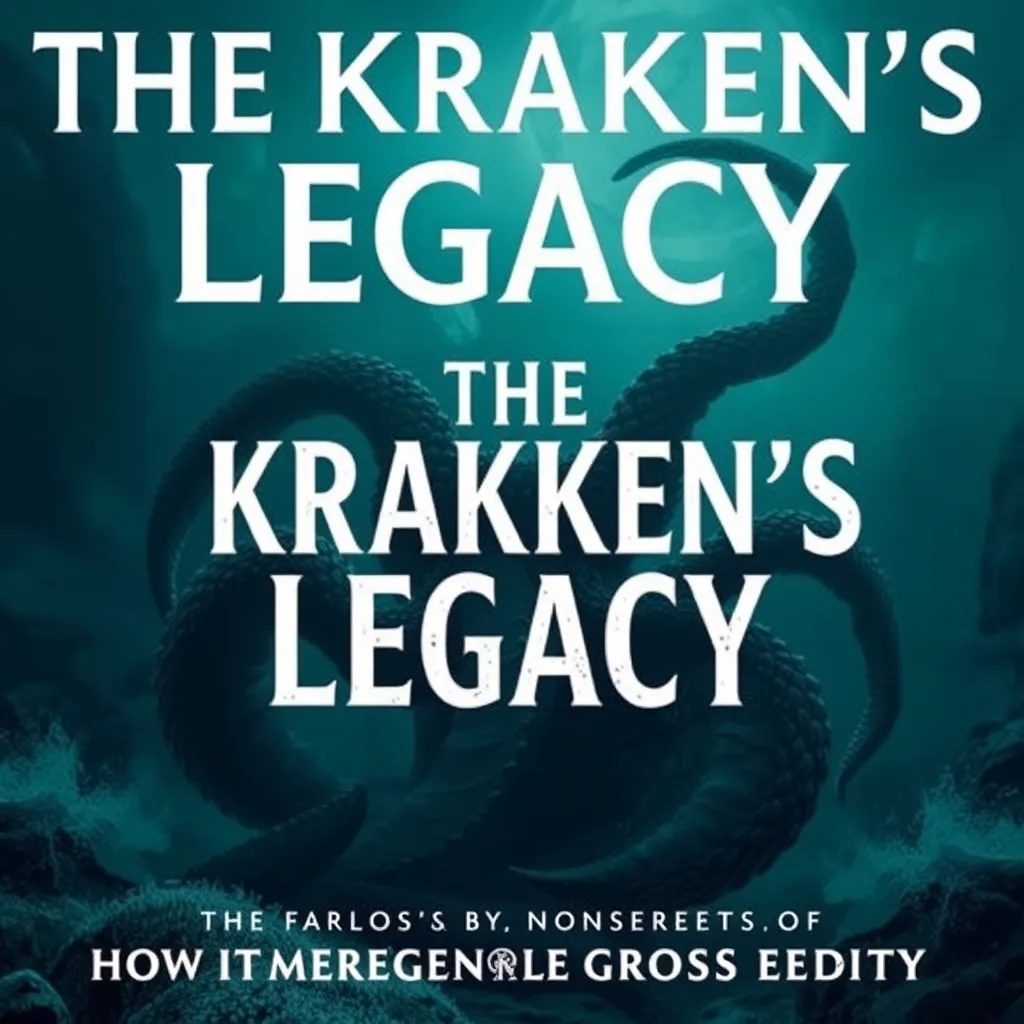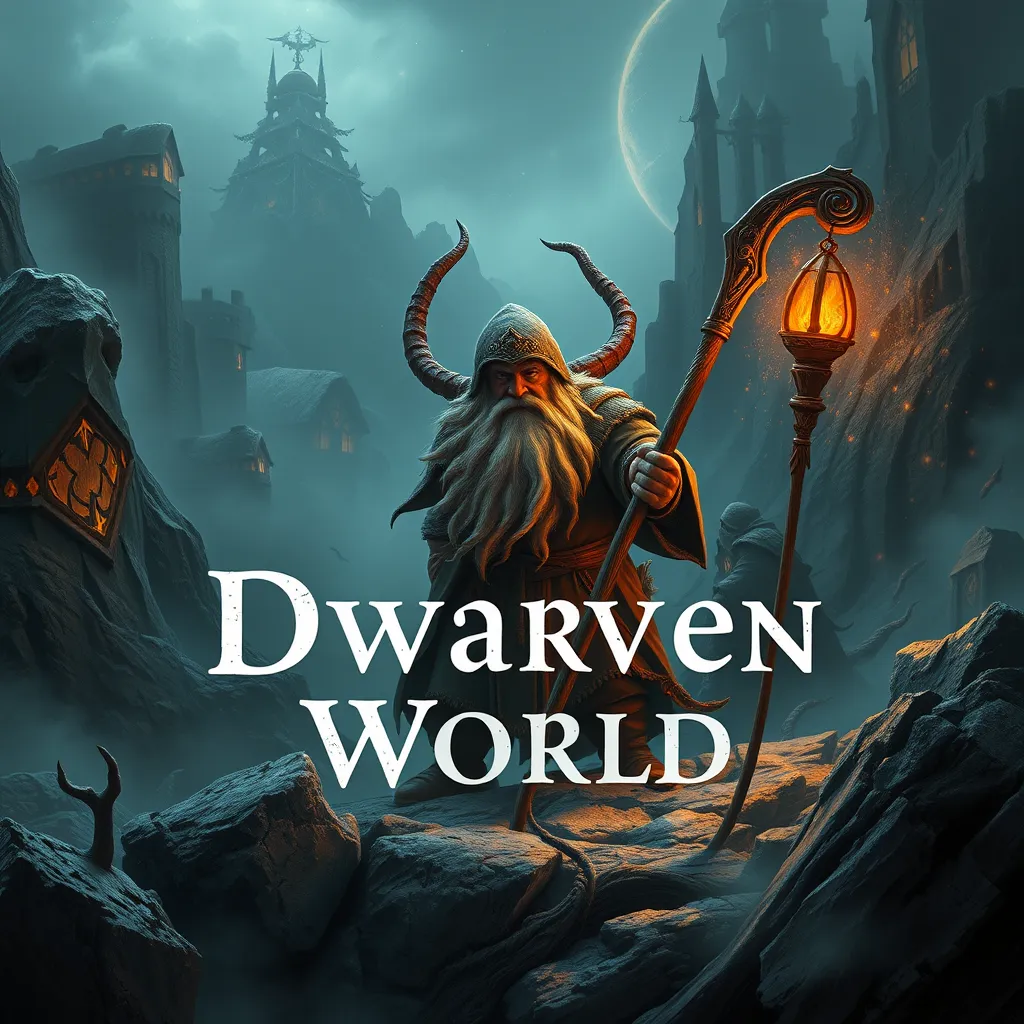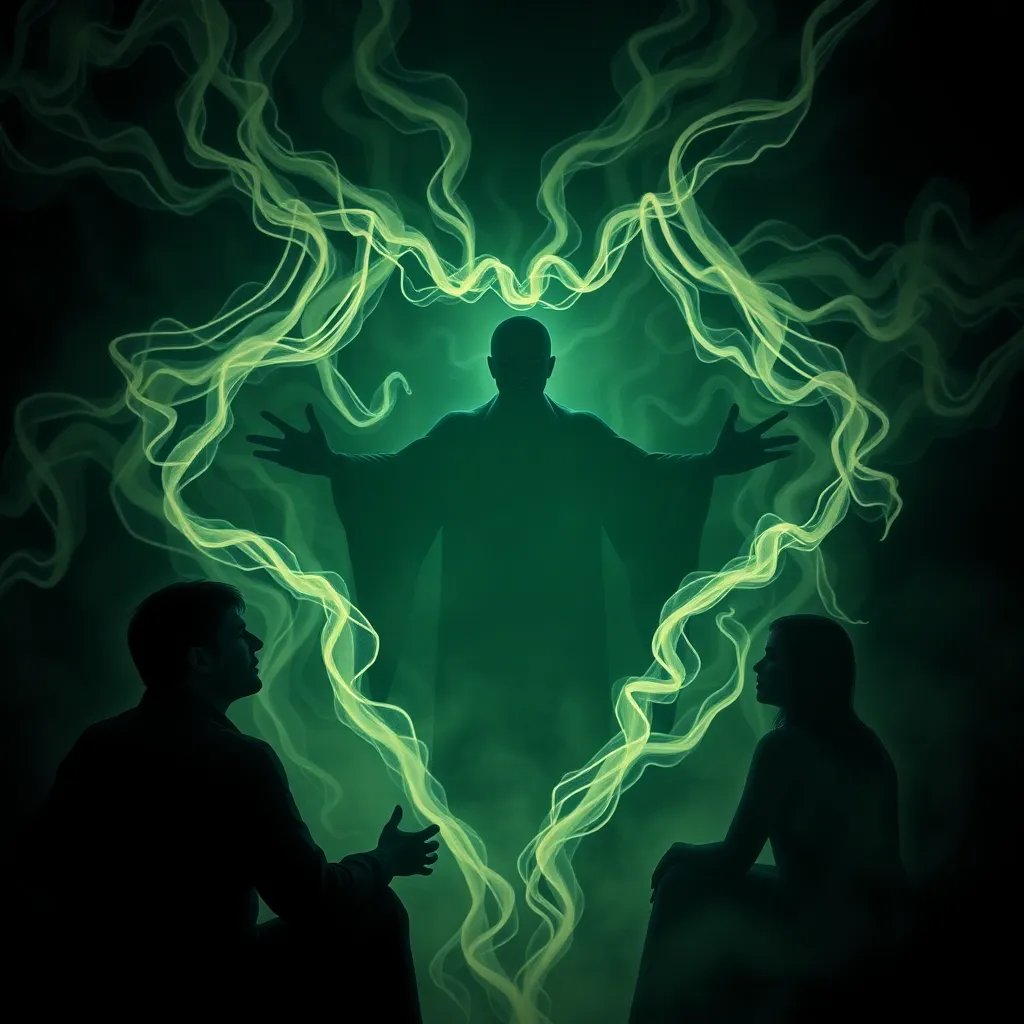The Kraken’s Legacy: How the Monster Shaped the Norse Identity
I. Introduction
The Kraken, a legendary sea monster, looms large in the realm of myth and folklore. Often depicted as a gigantic cephalopod capable of dragging entire ships into the depths of the ocean, the Kraken has captured the imaginations of many across generations. In Norse culture, this mythical creature is not just a tale of terror, but a significant element that shapes the identity and worldview of the Norse people.
This article aims to explore the profound influence of the Kraken on Norse identity, examining its origins, manifestations in literature and art, reflections of cultural values, and its lasting legacy on maritime culture.
II. The Origins of the Kraken Myth
The Kraken’s myth dates back to the early days of Scandinavian folklore, where tales of monstrous sea creatures were common. These stories often arose from the fears and awe that the vast, uncharted oceans inspired in seafarers.
Early literary references to the Kraken can be traced to texts such as the 13th-century “Orvar-Oddr,” which mentions a creature resembling the Kraken. Additionally, seafaring tales recounted by sailors often included accounts of massive creatures that could easily obliterate ships and their crews.
In many ways, the Kraken symbolized the unknown—an embodiment of the dangers that lurked beneath the waves and a reminder of humanity’s vulnerability in the face of nature’s vastness.
III. The Kraken in Norse Literature and Art
The Kraken is not just a creature of folklore; it has also found its way into the sagas and poems of Norse literature. In these narratives, the Kraken often serves as a formidable antagonist, challenging heroes and testing their courage.
- Sagas: The Kraken appears in tales where it is often depicted as a force of chaos, representing the challenges that Norse heroes must overcome.
- Poems: In poetic traditions, the Kraken is frequently referenced in metaphors for struggle and confrontation with nature.
Moreover, depictions of the Kraken in Norse art and artifacts, such as carvings and tapestries, reveal its significance in the cultural consciousness of the time. These artistic representations convey both the fear and respect that the Norse had for such a powerful entity.
Storytelling played a crucial role in preserving the legend of the Kraken, allowing it to be passed down through generations, morphing and adapting to the cultural shifts of the time.
IV. The Kraken as a Reflection of Norse Values
The Kraken myth encapsulates various Norse values, particularly in relation to bravery and fear. The presence of such a formidable creature in their narratives encouraged Norse individuals to confront their fears head-on.
The Kraken also serves as a metaphor for the power and unpredictability of nature. In Norse culture, nature was revered and feared in equal measure, and the Kraken embodies this duality:
- Bravery: Facing the Kraken was a test of courage for sailors, symbolizing the trials that must be endured in pursuit of glory.
- Nature’s Power: The Kraken exemplifies the raw, untamed forces of nature that the Norse respected and acknowledged.
Furthermore, the spirit of adventure inherent in the Kraken narrative aligns with the Viking ethos of exploration. The tales of encounters with the Kraken reflect the adventurous spirit of the Norse, driving them to sail into the unknown despite the lurking dangers.
V. The Kraken’s Influence on Norse Maritime Culture
The impact of the Kraken on Viking seafaring practices is profound. Sailors often shared tales of the Kraken, using them as cautionary stories to instill respect for the ocean’s dangers.
In addition, the Kraken became a significant figure in navigation myths and sailor superstitions:
- Navigation Myths: Many seafarers believed that the presence of the Kraken indicated treacherous waters ahead.
- Sailor Superstitions: Some sailors would perform rituals to appease the Kraken, hoping to avoid its wrath during their voyages.
The legacy of Kraken tales has shaped maritime folklore, influencing how future generations perceive the ocean and its mysteries.
VI. The Evolution of the Kraken in Modern Culture
Despite its roots in ancient folklore, the Kraken myth has persisted through the centuries, evolving into a symbol of both fear and fascination. Contemporary literature, films, and art have seen a resurgence of interest in this legendary creature.
Modern representations often depict the Kraken as a misunderstood monster, leading to a more nuanced view of its character:
- Literature: Novels and stories frequently revisit the Kraken, reimagining its role in various narrative contexts.
- Film: Movies such as “Pirates of the Caribbean” have famously featured the Kraken, embedding it into popular culture.
- Art: Contemporary artists continue to draw inspiration from the Kraken, exploring themes of nature and myth.
This ongoing fascination underscores the Kraken’s ability to resonate with audiences, bridging the gap between ancient myth and modern storytelling.
VII. The Kraken and Its Symbolic Meaning Today
Today, the Kraken stands as a symbol of resilience and adaptability. In a world facing numerous environmental challenges, the Kraken’s legacy prompts discussions about humanity’s relationship with nature.
Its enduring popularity continues to resonate with modern identities, serving as a reminder of the fragility of life and the strength needed to confront adversity.
Moreover, the Kraken has become a figure within environmentalism and conservation discussions:
- Symbol of Nature’s Power: The Kraken reminds us of the ocean’s vastness and the need for stewardship.
- Advocacy for Conservation: The creature’s mythos is often invoked to emphasize the importance of preserving marine ecosystems.
VIII. Conclusion
The Kraken’s impact on Norse identity is far-reaching, intertwining with cultural narratives that have shaped the Viking worldview. From ancient folklore to modern interpretations, the myth of the Kraken embodies themes of bravery, nature’s power, and the spirit of adventure.
As we reflect on the enduring power of myth, it becomes clear that the Kraken continues to influence cultural narratives, reminding us of the mysteries that lie beneath the surface of our understanding.
In today’s world, the relevance of the Kraken myth serves as a call to connect with our environment and to acknowledge the complexities of life and nature.



